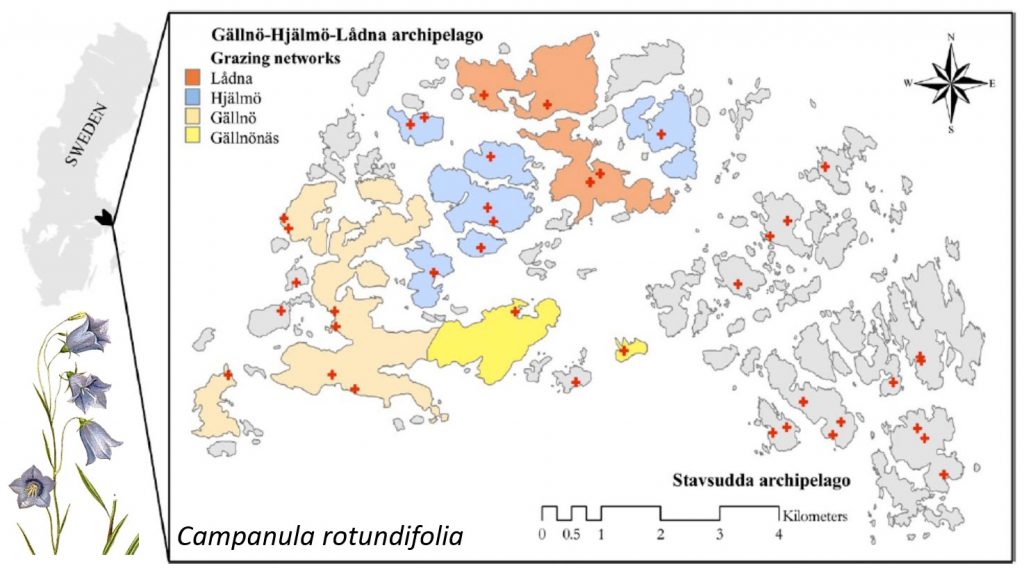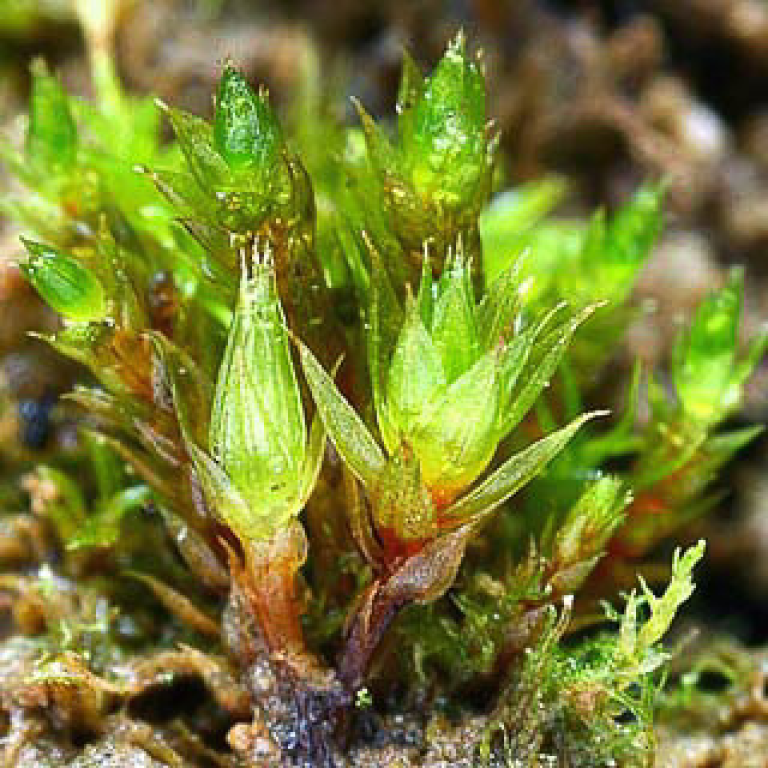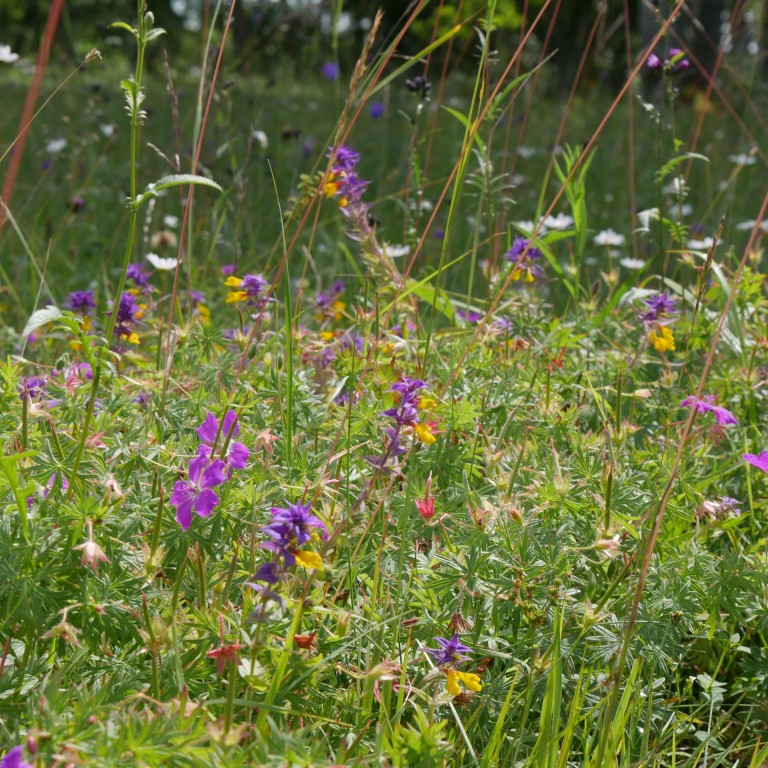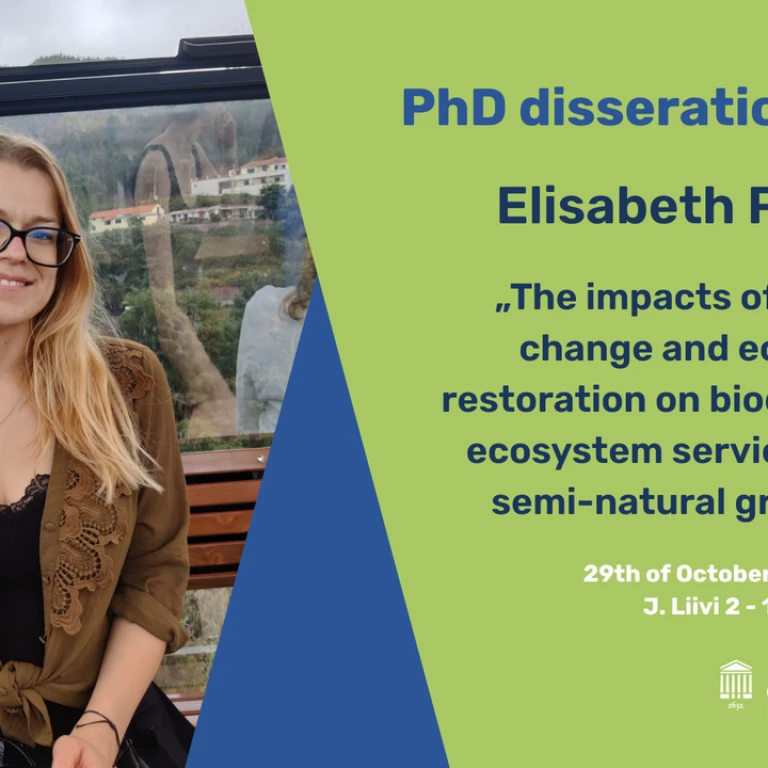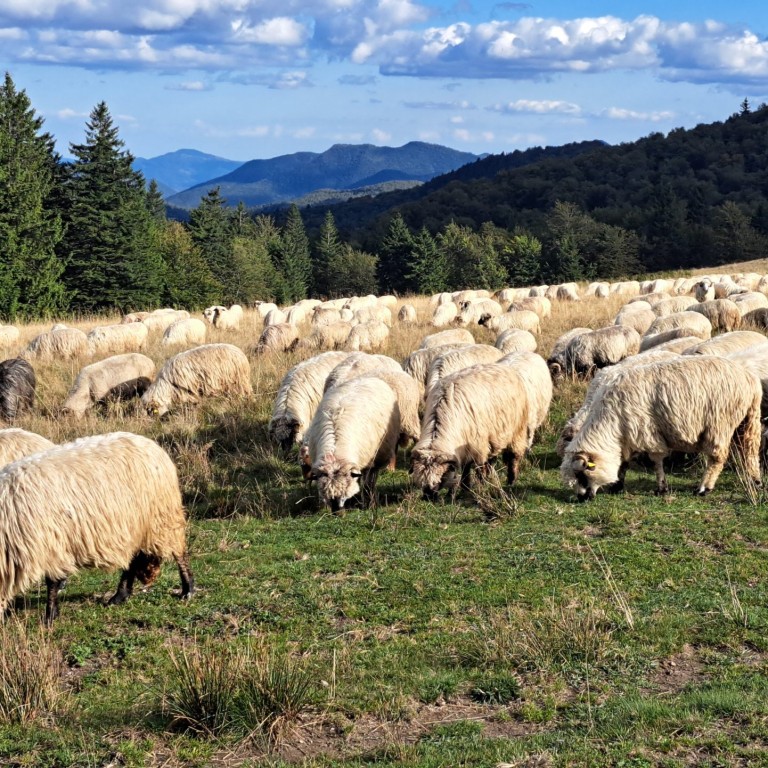In collaboration with our Swedish colleagues Jan Plue and Sara Cousins, Tsipe was a co-author in an article about domestic animals enhancing plant dispersal among isolated grasslands in Stockholm archipelago, Sweden. They used landscape genetic approaches to demonstrate that the genetic diversity and gene flow of the grassland perennial Campanula rotundifolia was higher in grasslands connected by grazing livestock. Populations in grasslands, which were no longer part of grazing networks, exhibited lower genetic diversity and were genetically more isolated from each other. The authors suggest that domestic livestock within rotational grazing networks function as important mobile corridors for the dispersal of grassland plants among spatially isolated grassland patches and is a useful tool for creating and managing landscapes for higher species and genetic diversity.
Plue, J., Aavik, T. & Cousins, S.A.O. (2018) Grazing networks promote plant functional connectivity among isolated grassland communities. Diversity and Distributions, doi: 10.1111/ddi.12842.
